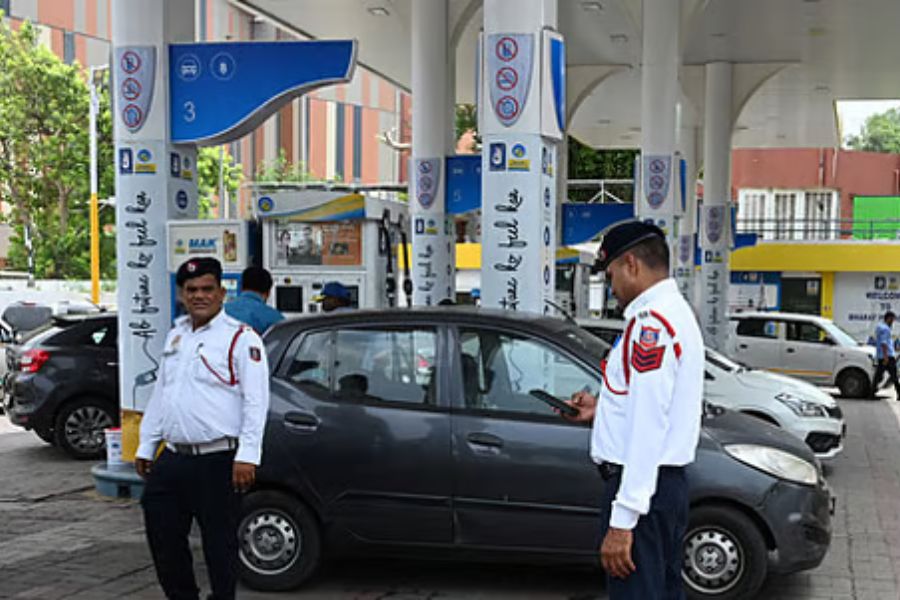The Indian government has issued a tax demand notice to Skoda Auto Volkswagen India, alleging the company evaded $1.4 billion in import duties. The case stems from claims that the automaker intentionally paid lower taxes by misclassifying imported vehicle components, Reuters reported.
According to a notice dated September 30, Volkswagen allegedly imported vehicles in a near-complete, unassembled state but declared them as individual parts to benefit from lower import duty rates of 5-15%, rather than the 30-35% applicable to completely knocked-down (CKD) units. This approach was reportedly used for models such as the Skoda Kodiaq, Superb, Audi A4, Audi Q5, and VW Tiguan.
The notice, issued by the Office of the Commissioner of Customs in Maharashtra, accuses the company of using an “artificial arrangement” to bypass higher duties. Between 2012 and 2022, the company reportedly paid $981 million in import taxes, whereas authorities estimate the liability should have been $2.35 billion.
Investigators claim Skoda Auto Volkswagen India intentionally split component shipments into separate consignments, shipped over consecutive days, to avoid detection. Internal company software allegedly facilitated bulk vehicle orders from suppliers in countries such as Germany, Mexico, and the Czech Republic, breaking them into smaller parts for shipment.
“This logistical arrangement is a deliberate ploy to avoid the applicable duty,” stated the 95-page customs notice. The document, reviewed by Reuters, revealed that Skoda Auto Volkswagen India’s managing director, Piyush Arora, was questioned in 2022 regarding why entire kits were not imported together. Investigators noted he was unable to provide a satisfactory explanation.
In response, Skoda Auto Volkswagen India stated it is a responsible organization that complies with all legal and regulatory frameworks. The company added it is analyzing the notice and cooperating with authorities.
A government official, speaking anonymously to Reuters, mentioned that penalties in such cases could equal the amount evaded, potentially raising Volkswagen’s liability to $2.8 billion if the allegations are proven.
The investigation follows raids conducted in 2022 at Volkswagen’s Indian facilities, during which officials seized documents related to component imports and email correspondence involving senior executives.
The tax evasion notice adds to Volkswagen’s challenges in India, where it has struggled to gain a foothold in a 4-million-unit market. Its luxury Audi brand continues to lag behind competitors BMW and Mercedes-Benz.
Volkswagen defended its shipping strategy as a means of operational efficiency, but customs authorities rejected this explanation, stating logistics play a minor role in the company’s overall operations.
The case underscores the complexities of tax compliance for multinational corporations operating in India, especially in the automotive sector, where import duties are tightly regulated.
Read More:




